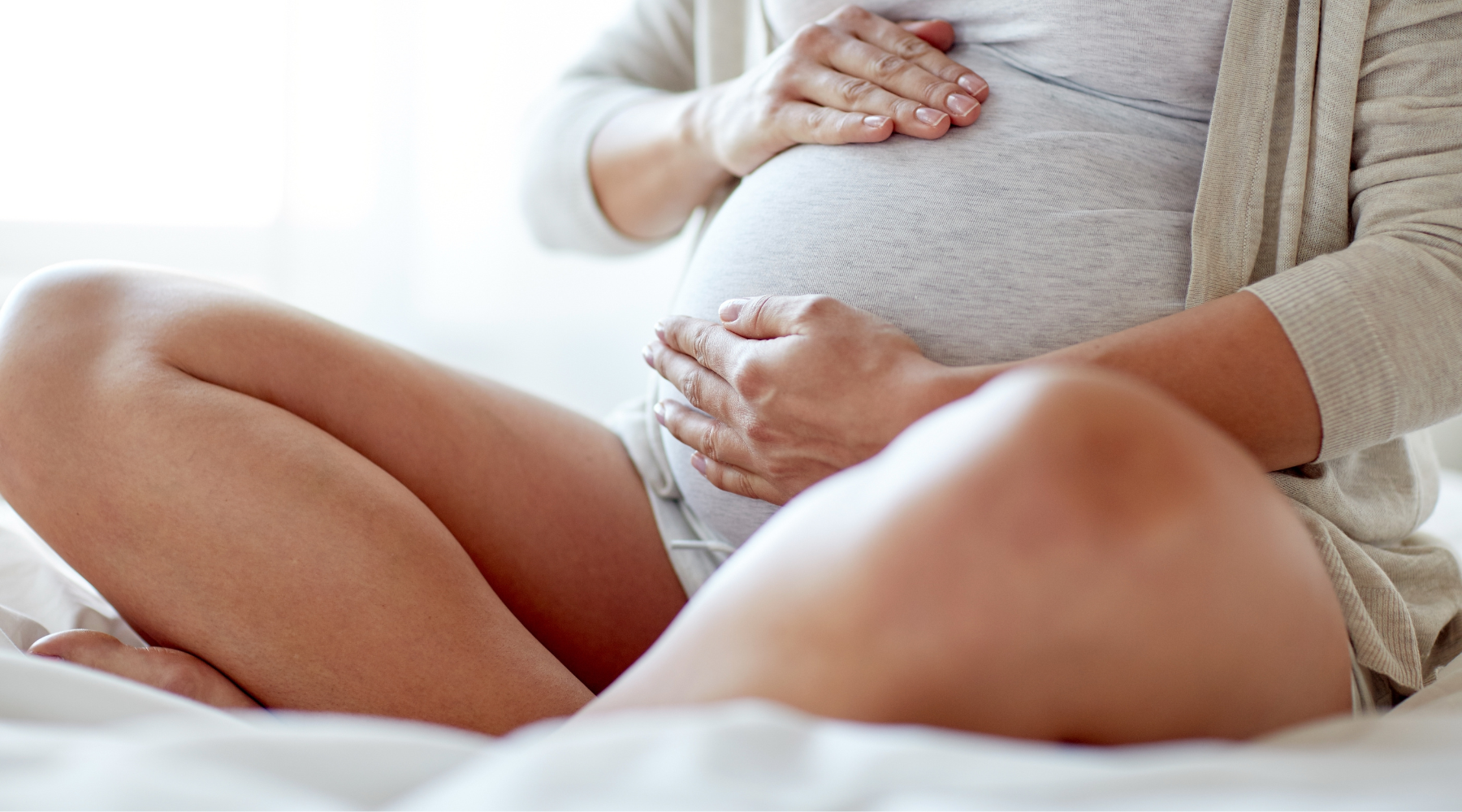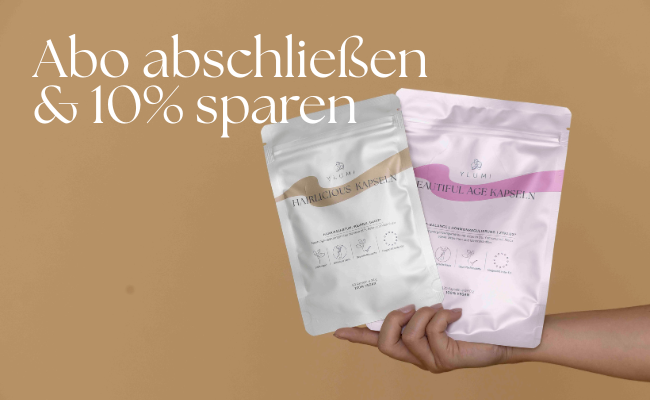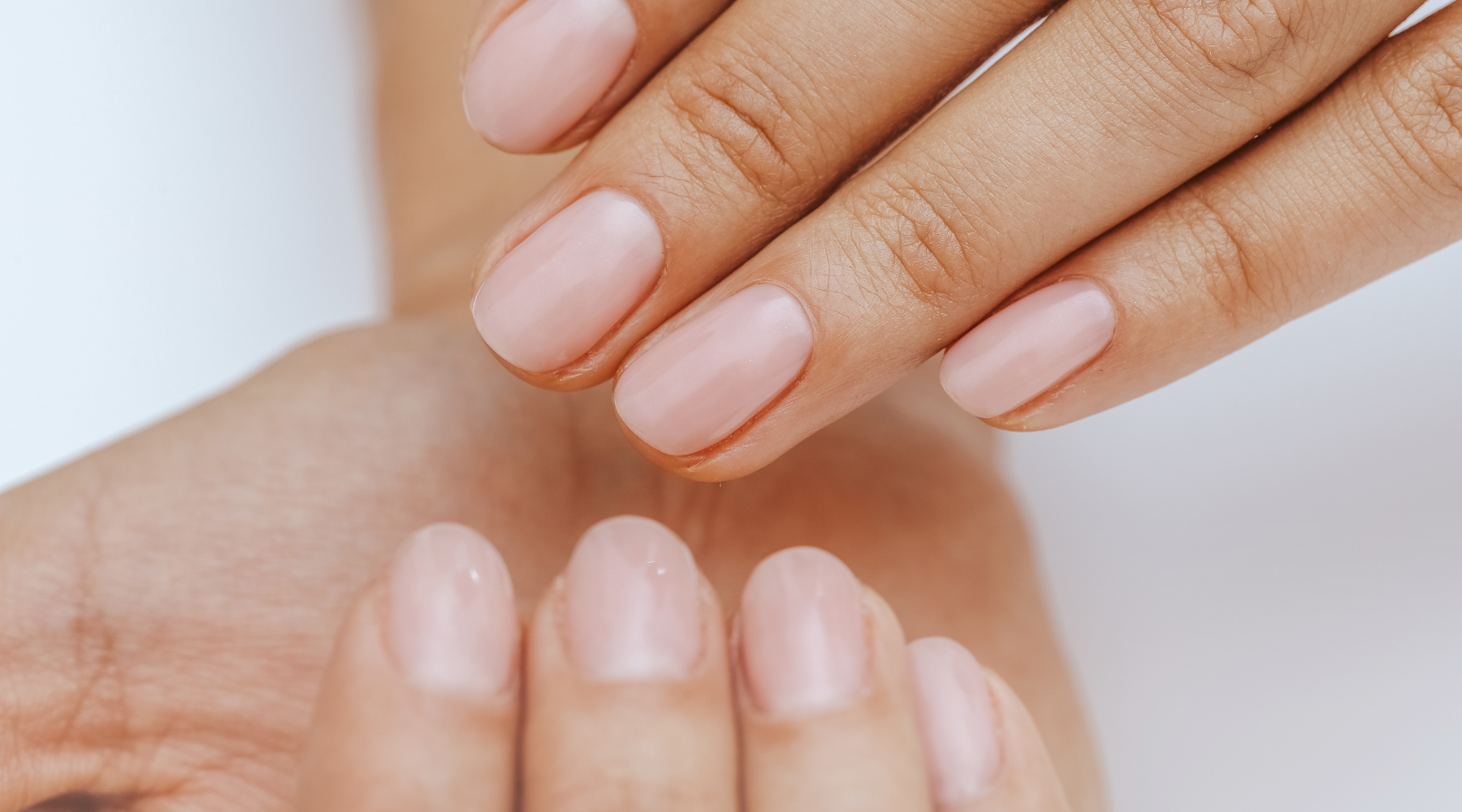
Iron deficiency during pregnancy: Recognizing symptoms and combating causes
During pregnancy, the female body changes not only externally , but also internally . As an expectant mother, you must now care not only for yourself but also for the child in your womb. It is especially important that you consume sufficient nutrients to provide optimal nutrition for both you and your child . A common problem that occurs during pregnancy is iron deficiency. In this article, we will tell you why it is especially important to meet your iron needs now and how you can achieve this .
Why is iron important during pregnancy?
During pregnancy, iron is especially important because it helps increase the blood volume you need for your growing baby. It also plays a key role in the development of the child's brain and nervous system. Without adequate iron , symptoms such as fatigue and weakness can occur. Iron deficiency can also increase the risk of premature birth and low birth weight. That's why it's so important to ensure adequate iron levels while pregnant .
How much is the increased need for iron during pregnancy?
During pregnancy, your iron requirement increases to around 30 milligrams per day. That's almost double your normal requirement. It's essential to eat iron-rich foods to help your body meet this increased need. Iron juices can also be a good source of iron to cover your daily needs. Of course, you can also take high-quality dietary supplements, such as our iron capsules with plant-based iron and high-quality vitamin C. This way you can play it safe without having to change your diet. We generally recommend seeking the advice of a doctor . After all , every body is different and tolerates some things better than others.
Which foods contain a lot of iron?
Foods rich in iron include red meat, especially liver, as well as fish and poultry. Plant foods such as legumes, nuts, seeds, and whole grains are also rich in iron. Spinach and other dark green leafy vegetables are also good sources of iron. Eggs and some fruits, such as apples and berries, also contain iron. Remember, iron from plant sources is better absorbed when consumed with vitamin C-rich foods such as oranges or bell peppers .
What are the risks of iron deficiency during pregnancy?
An iron deficiency during pregnancy should not be taken lightly. Since iron is responsible for blood formation , a deficiency can mean that both you as the mother and your baby are not getting the necessary nutrients. Severe deficiency can even lead to complications such as premature birth or low birth weight. For your baby, an iron deficiency can lead to growth delays and developmental problems. Therefore, it is important to ensure adequate iron intake and consider supplementation if necessary.
How do you recognize iron deficiency during pregnancy?
Iron deficiency during pregnancy is indicated by typical symptoms such as fatigue, paleness, shortness of breath, and unusual cravings for inedible items like chalk or dirt. Frequent nosebleeds and dull hair can also indicate an iron deficiency. If you notice these symptoms, it is advisable to consult a doctor . They can determine the iron deficiency through a blood test and recommend appropriate measures. It is important to listen to your body and give it the nutrients it needs to keep you and your child healthy.
When are iron supplements useful during pregnancy?
Iron-containing supplements are generally beneficial during any pregnancy. Due to the increased iron requirement during this time, many expectant mothers find it difficult to meet their daily requirements. This is especially true if you are unable to get enough iron from your diet.
If you're not sure how to get iron from your diet, we recommend taking tested nutritional supplements . Our plant-based iron is a great option. Combined with high-quality vitamin C, the iron is particularly well absorbed by the body. The consequences can be reduced fatigue, a strengthened immune system, and improved blood formation . But be careful: Too much iron can also be harmful. Therefore, you should always talk to your doctor first before starting iron supplements. They can tell you whether you really need them and in what dosage. This way, you can ensure that you and your baby get exactly the right amount of iron.




